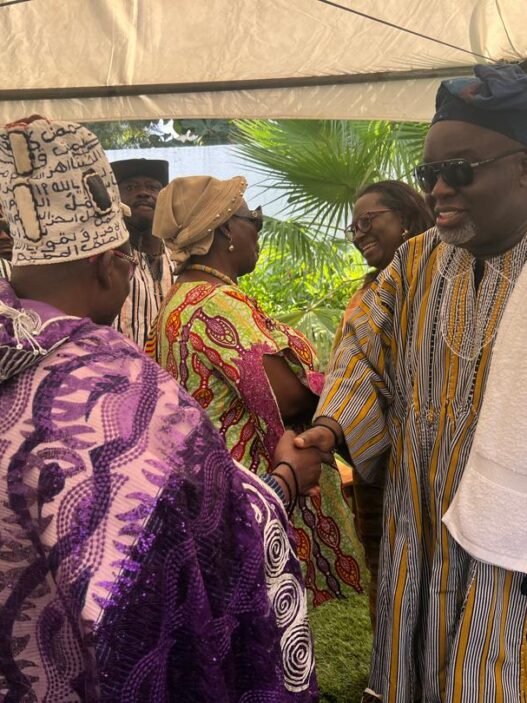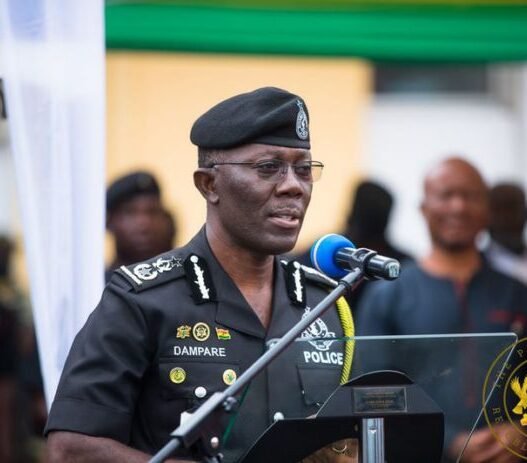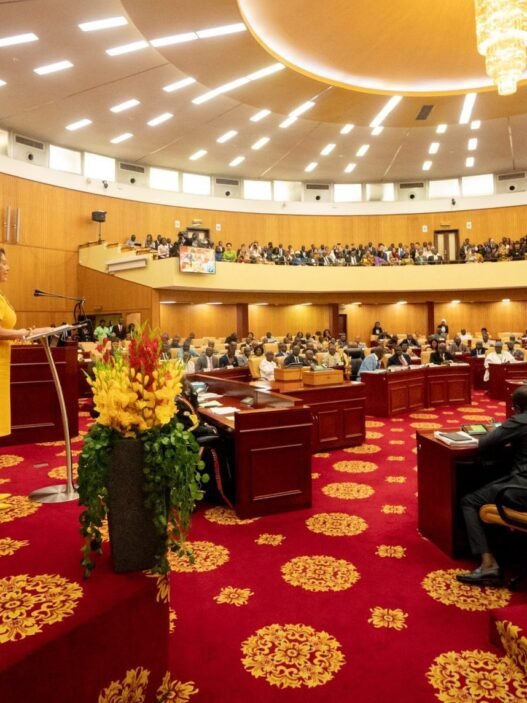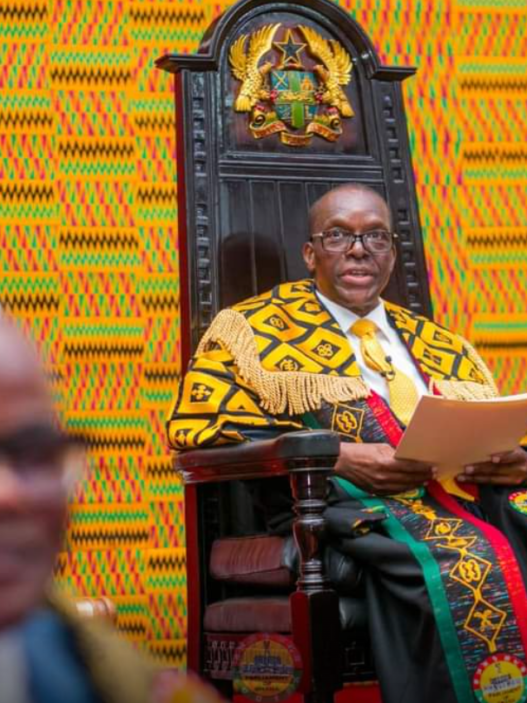The Electoral Commission (EC) of Ghana has found itself at the center of intense scrutiny and controversy, raising questions about its credibility and fitness to oversee the electoral process. Recent allegations of bias, manipulation, and lack of transparency have led to a growing sense of disillusionment among the electorate. As Ghana approaches its next general elections, the implications of these controversies cannot be overlooked, as they have far-reaching effects on public sentiment and voter confidence.
Recent Controversies
Several recent incidents have cast a shadow over the EC’s integrity. For instance, accusations arose after the commission announced its decision to increase the number of polling stations without sufficient consultation with stakeholders, leading to concerns about potential ‘nkratoo’ (manipulation) in favor of certain political parties. Critics argue that such decisions appear to favor the ruling party, raising questions about the EC’s impartiality.
In response to these allegations, the EC has maintained that its actions are guided by the need to ensure an efficient electoral process. However, many citizens remain skeptical. Local politician and member of the opposition party, Kofi Boakye, stated, “When decisions are made without the input of all stakeholders, it breeds distrust. We need an EC that listens to the people, not one that acts unilaterally.” This sentiment echoes widely in communities where residents feel marginalized in the decision-making process.
Public Sentiment
The electorate’s perception of the EC’s credibility is further compounded by the general climate of political distrust. Many Ghanaians express concerns that their votes may not count or that the electoral process is rigged. A recent survey conducted by the Ghana Centre for Democratic Development indicated that approximately 68% of respondents believe the EC is not independent. This lack of trust is alarming, especially in a democracy where free and fair elections are paramount.
Community leader Ama Nkrumah shared her thoughts on the situation, noting, “People in my neighborhood are starting to feel like our votes don’t matter. If the EC is not transparent, why should we even bother to participate?” Such statements reveal the pervasive disillusionment among citizens, underscoring the urgent need for the EC to restore confidence in its operations.
Implications for Voter Confidence
The implications of these controversies are significant. As mistrust grows, the likelihood of voter apathy increases, which could result in low turnout during the upcoming elections. Historically, when citizens lose faith in electoral institutions, the very foundation of democracy is jeopardized. Low voter participation can skew electoral results and further entrench the status quo, making it harder for new voices and ideas to emerge in the political landscape.
Moreover, the perceptions of ‘nkratoo’ can lead to a cycle of disillusionment where citizens believe that their participation is futile. This notion can dissuade potential candidates from running for office, as they may perceive the system as rigged against them. In a recent town hall meeting, an aspiring candidate lamented, “If the people don’t believe in the process, why would they support someone like me? It’s discouraging.”
Conclusion
The challenges facing the Electoral Commission of Ghana are multifaceted and deeply rooted in public sentiment. With allegations of manipulation and a lack of transparency, it is crucial for the EC to undertake immediate measures to rebuild trust with the electorate. Open dialogue with political parties, civil society organizations, and the general public is essential to restoring confidence in the electoral process. As Ghana prepares for its elections, the EC’s actions and commitment to integrity will play a pivotal role in shaping the country’s democratic future. The time for introspection and reform is now, or risk further alienating a populace yearning for fair representation and accountability.




















